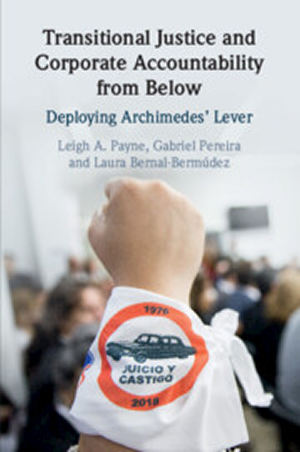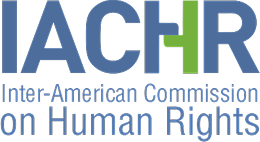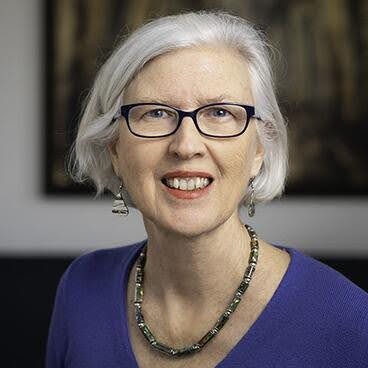
Transitional Justice and Corporate Accountability from Below explores how domestic courts in the Global South, often more effective than international bodies, pursue corporate complicity in crimes like forced labor and financial support of dictatorships. It introduces the idea of “corporate accountability from below,” emphasizing grassroots legal efforts.
Publications
CATJ operates across several transitional justice contexts, with a strong foundation in Latin America:
Argentina – Strategic litigation around corporate complicity during the dictatorship.
Colombia – Legal and policy influence in the post-conflict era, particularly through the Justice and Peace process and after the Peace Agreement with the FARC.
Chile – Collaboration on accountability processes for businesses involved in past regime violence.
The project also contributes to broader global discussions on transitional justice, supporting scholars and civil society organizations seeking justice beyond Latin America.







We use only essential cookies that keep this site working properly. We don’t collect or share personal data. You can accept or deny cookies at any time.